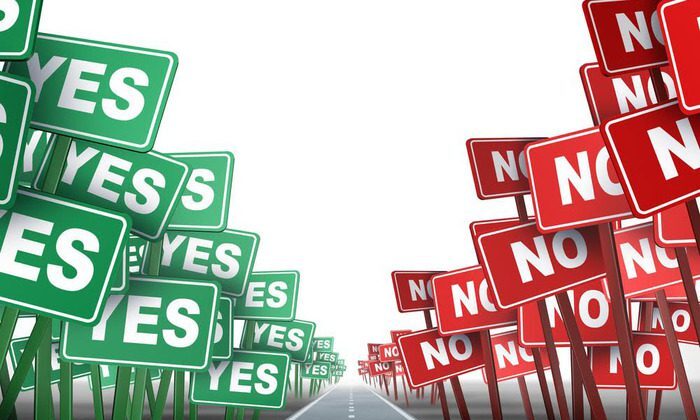Cracks are appearing in societies around the world. First we had Brexit, then Donald Trump. Italy, with a constitutional referendum looming, and France, with an election next April, could be the next dominoes to fall. We need to think the unthinkable now.
In the UK and the US, “insurgent” voters came mainly from the same five groups: rural dwellers, over-40s, males, those with less education, and white/non-immigrant populations. In both countries, these insurgents wanted the same thing: to topple an out-of-touch establishment and force change at any cost.
So what sort of change did they vote for? Basically, 5 key points.
• Less globalization
• Less immigration
• More equality
• More jobs in rural areas
• Better public services and infrastructure
As other developed societies are busy tearing themselves apart over these issues, Japan appears remarkably cohesive and content by contrast. How come? I think it’s because Japan’s elite have been delivering on that 5-point menu for a long time.
• As the American Rust Belt and the north of England show, deindustrialization destroys communities. Japanese companies do their utmost to maintain a domestic manufacturing base despite the high cost of labor, keeping local communities intact.
• Japanese companies practice an egalitarian ethos. Bosses earn a relatively low multiple of the lowest-paid worker’s salary. The CEOs of manufacturing firms dress in the same uniform as factory workers and eat lunch in the staff cafeteria alongside everyone else. Workers are treated like family. When times are tough, every effort is made to preserve jobs. Massive layoffs are socially unacceptable.
• Japan’s infrastructure is legendary for its quality—and quantity! The bullet train, which has been running for over half a century, is now as potent a national symbol as Mount Fuji. This focus on delivering quality to the public extends from “hard” infrastructure (roads, bridges, etc.) through to “soft” social infrastructure (schools, healthcare, etc.).
• Japan protects its culture and lifestyle, even as it pushes for globalization. One example: Japan has fought to preserve domestic rice cultivation and the food security and traditional landscape of paddy fields that come with it.
Creating a fairer society like this pays big social capital dividends.
Think of the aftermath of the March 2011 Great East Japan Earthquake. Despite a triple disaster of an earthquake, a tsunami, and a nuclear meltdown, there was very little of the looting or civil unrest that tends to follow natural disasters elsewhere. Hard-nosed reporters and photographers who flew in from abroad were astonished and moved by the stoicism, selflessness, and social responsibility that the general populace displayed.
Ever since the bursting of the bubble in 1991, Japan’s anemic growth has been derided by the Anglo-Saxon media as an economic “failed state.”
Now it turns out that Japan may have taken the wiser path, at least in social terms. While there may be minor splits here (young vs. old, those in full-time employment vs. those on short-term contracts), Japan is certainly less divided than other societies. We have no Nigel Farages, Donald Trumps, or Marine Le Pens looking to exploit social divides.
Ironically, by holding onto the old ways, Japan may have maintained the sort of society that other countries now aspire to. Japan offers the security, stability, and social cohesion that much of the developed world threw away.



